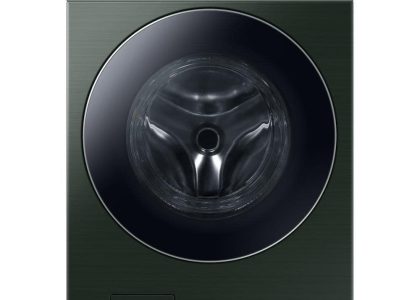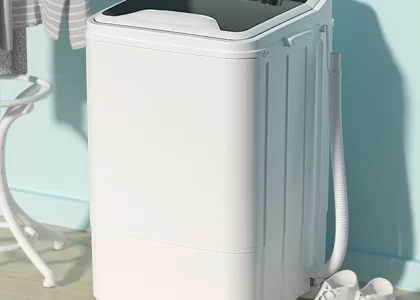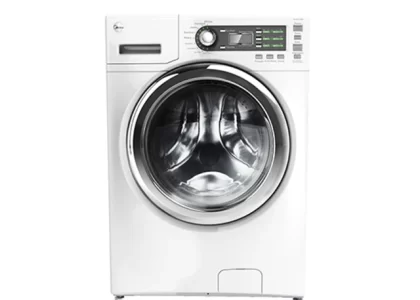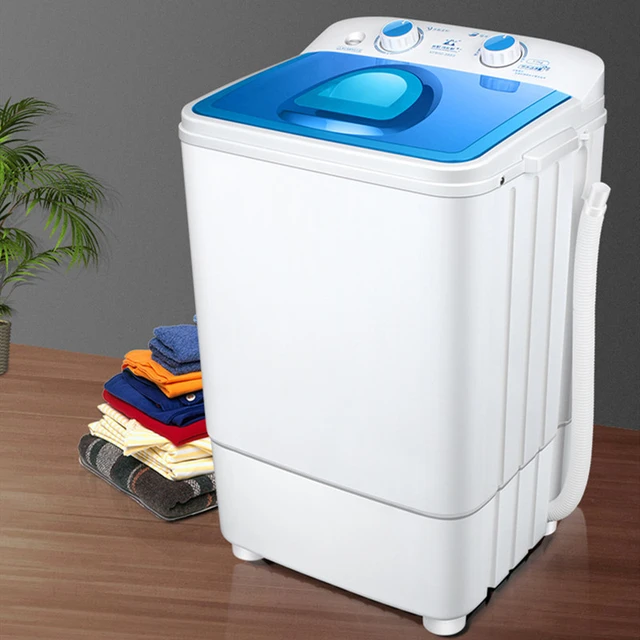 Introduction:
Introduction:
A washing machine is designed to clean our clothes, but sometimes it can develop a foul odor that can be quite unpleasant. If your washing machine stinks, it can not only affect the cleanliness of your clothes but also impact the overall freshness of your laundry room. In this comprehensive guide, we will explore the causes of a smelly washing machine and offer solutions to eliminate the odor. From cleaning the drum and detergent dispenser to addressing mold and mildew growth, we will delve into the steps you can take to ensure your washing machine smells fresh and clean. By understanding and addressing the underlying issues, you can enjoy clean and odor-free laundry.
Causes of a Smelly Washing Machine:
Dampness and Humidity:
The damp environment inside the washing machine can create a breeding ground for bacteria and mold, leading to unpleasant odors.
Residue and Build-Up:
Detergent, fabric softener, and lint can accumulate over time, creating a residue that contributes to the foul smell.
Mold and Mildew Growth:
Mold and mildew can develop in the seals, gaskets, and other hard-to-reach areas of the washing machine, resulting in a musty odor.
Dirty Washing Machine Drum:
A dirty drum can harbor bacteria and odors, especially if clothes are not adequately rinsed before being washed.
Solutions to Eliminate Odors:
Cleaning the Drum:
Run a hot water cycle with a cup of vinegar or baking soda to eliminate odors and clean the drum.
Alternatively, use a washing machine cleaner specifically designed to remove build-up and odors.
Cleaning the Detergent Dispenser:
Remove the detergent dispenser and clean it thoroughly with warm, soapy water.
Pay special attention to any residue or mold growth, using a brush or sponge to scrub away build-up.
Cleaning the Rubber Seal:
Inspect the rubber seal around the door for any mold or mildew growth.
Wipe it down with a solution of water and vinegar or mild detergent, ensuring you reach all the crevices.
Regular Maintenance:
Follow the manufacturer’s instructions for regular maintenance, such as cleaning the filter or running self-cleaning cycles.
Regular maintenance helps prevent odor-causing build-up and bacteria growth.
Use the Right Detergent and Amount:
Avoid using excessive detergent, as it can leave residue and contribute to odors.
Use the recommended amount of detergent based on the load size and water hardness.
Leave the Door Open:
After each wash, leave the washing machine door open to allow air circulation and prevent moisture build-up.
This helps prevent the growth of mold and mildew.
Run Empty Cycles:
Occasionally, run empty cycles with hot water and bleach or hydrogen peroxide to disinfect the washing machine.
This helps eliminate bacteria and odors, particularly if you have noticed persistent smells.
Clean or Replace the Filter:
Check the washing machine’s filter regularly and clean or replace it as needed.
A clogged or dirty filter can contribute to odors and affect the machine’s performance.
Preventive Measures:
Use High-Efficiency Detergent:
High-efficiency (HE) detergents are specifically formulated for modern washing machines and are less likely to leave residue.
Dry Wet Clothes Promptly:
Avoid leaving wet clothes in the washing machine for an extended period. Remove them promptly and hang or dry them.
Avoid Overstuffing:
Overloading the washing machine can prevent proper water circulation and rinsing, leading to lingering odors.
Follow the manufacturer’s guidelines for load sizes to ensure optimal performance.
Regularly Clean the Rubber Seal:
Wipe down the rubber seal around the door after each use to prevent the growth of mold and mildew.
Clean the Gasket:
If your washing machine has a removable gasket, follow the manufacturer’s instructions to clean it regularly.
Seeking Professional Help:
If the odor persists despite your best efforts, or if you suspect a more significant issue with your washing machine, consider contacting a professional technician.
A technician can diagnose and address any underlying problems that may be causing the persistent odor.
 Conclusion:
Conclusion:
A smelly washing machine can be unpleasant and affect the cleanliness of your laundry. By understanding the causes and implementing the solutions outlined in this guide, you can eliminate odors and enjoy fresh and clean laundry. Regular cleaning, maintenance, and following proper laundry practices help prevent build-up, mold, and mildew growth in your washing machine. By taking these steps, you can ensure your washing machine smells fresh and clean, allowing you to fully enjoy the benefits of a well-functioning appliance.




